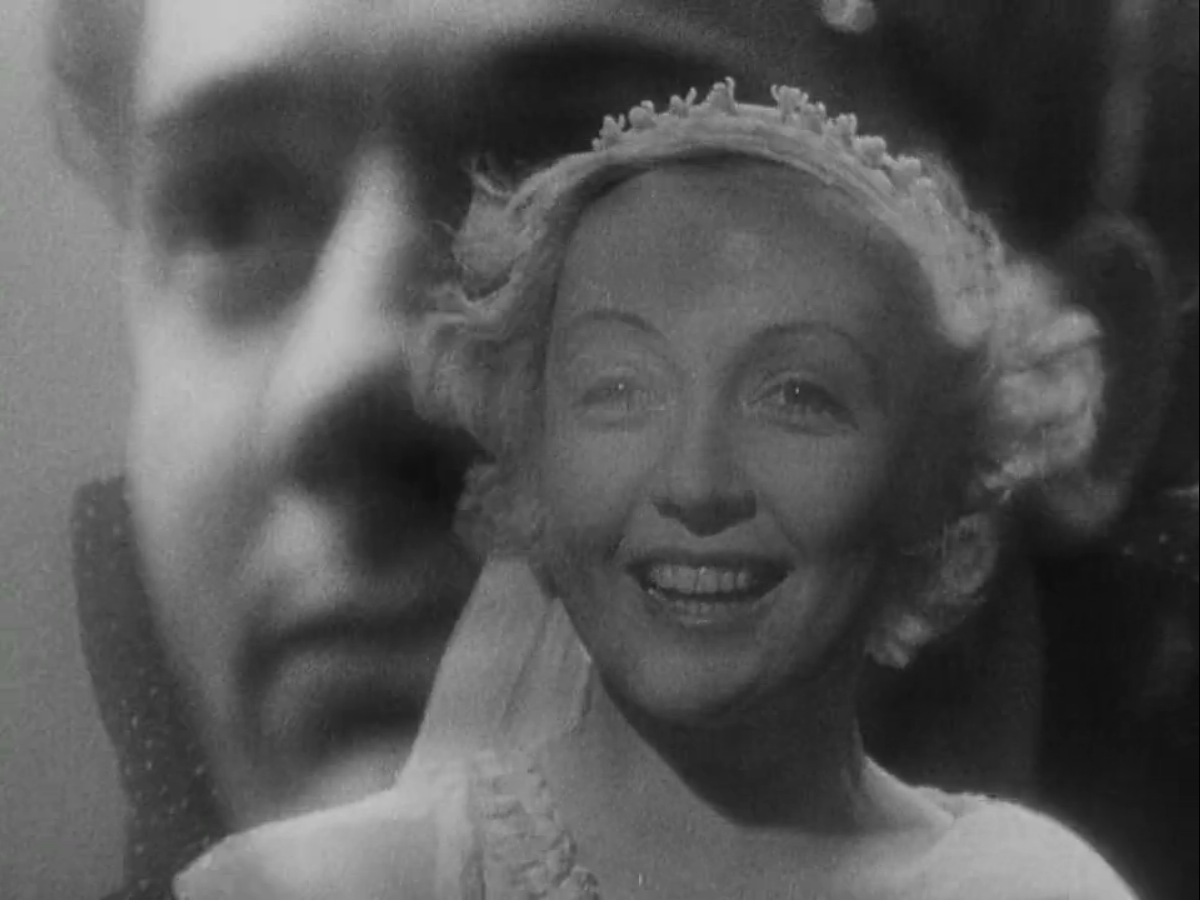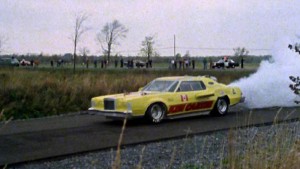
Jean Vigo’s list of credits is short, but carries a long influence; he was, among others, one of the influences on the young turks of the French New Wave. 1934’s L’Atalante stands as his only full-length feature, and his last completed work before dying of tuberculosis at the age of 29. For this reason, and the movie’s lost/incomplete status during the bulk of the 20th century, the film is shrouded in mystique and has come to be hailed as one of the great accomplishments of the medium. What I ended up seeing, though, was a feather-light love story whose moments of poetry were dragged down by a need to reach feature length.
The plot is beyond threadbare: newlyweds embark on a jury-rigged honeymoon on the groom’s shipping barge, two-man crew in tow. The main conflict of the film consists of the bride being bored on the boat and wanting to see the City of Lights up close and personal. Though the movie is ostensibly about how lovers Jean and Juliette (Jean Dasté and Dita Parlo) deal with married life while river-bound, the show belongs to Michel Simon’s Père Jules. An eccentric, tar-voiced salty dog, Père Jules serves as the film’s comic relief, balming the stretches of the film where Datsé is being needlessly belligerent or where Parlo is given little else to do but sulk. Between his shanties, his army of ship’s cats, and his cabinet of curiosities, Père Jules serves as L’Atalantesurreal, scalawaggy lifeblood.
The film works best when it becomes equal parts Vertov-esque montage and full-blown love story. A pair of sequences in the third act achieve this ideal. There’s the sequence where Jean sees visions of Juliette after jumping in the river, calling back to Juliette’s assertion that if you open your eyes underwater, you see the one you love. The other is when the couple retires for the night in different beds, writhing as if they were together on the astral plane. In these moments of vibrant lyricism, the film comes alive, and the potency of the relationship is fully exploited.
It feels as though L’Atalante would have worked even better as a 40- or 50-minute short subject, which was firmly in Vigo’s wheelhouse. As is, too much of the plot feels padded with unmotivated fits of shitty behaviour. It’s not enough for Jean to fight a man at a dance hall in a fit of jealous rage; his questionable attitude towards his wife is compounded by shipping back onto the Seine without her. Scenes of borderline domestic abuse make it seem as if Vigo’s anarchic and poetic spirit were tempered in the hopes of ending a contemporaneous losing streak, as if he needed to ease the audience into a more abstract finale. In any case, you can draw a pretty straight line from Vigo to Marcel Carné, Jean Cocteau, and the 60s New Wavers, and for sewing that seed,L’Atalante stands as required viewing.
—
L’Atalante is available on DVD and Blu-Ray from Amazon.
Directed by Jean Vigo; written by Jean Vigo and Albert Riéra; starring Michel Simon, Dita Parlo, Jean Dasté, Louis Lefebvre, and Gilles Margaritis; 89 minutes.



 Derek
Derek
 Isabelle
Isabelle